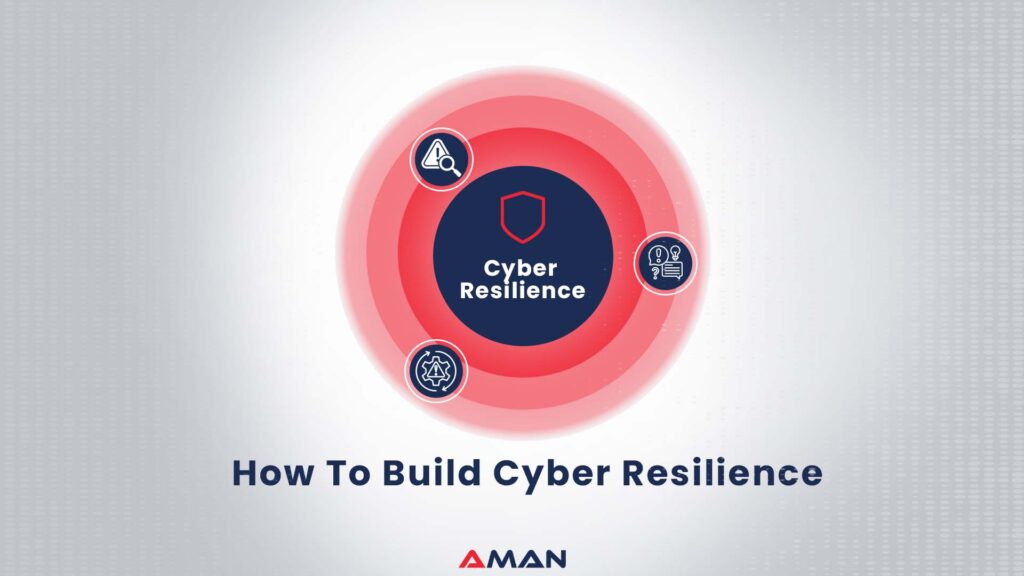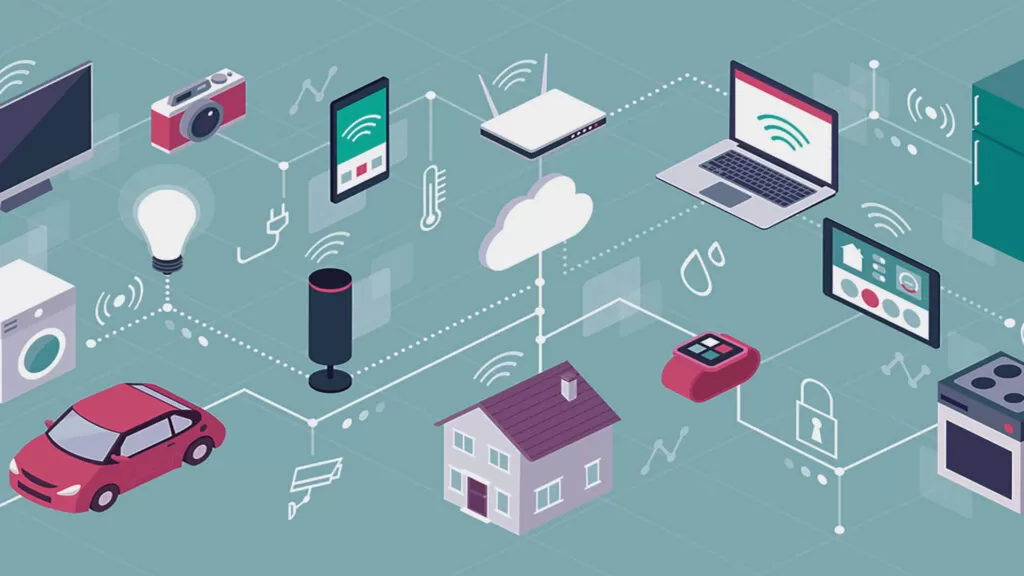Saudi Arabia’s digital transformation is accelerating. From government entities to private enterprises, organizations are adopting smart technologies, cloud systems, and connected networks to support the goals of Vision 2030.
Cyber resilience requires a fundamental change in mindset. Instead of asking, “How do we prevent all attacks?” organizations now ask, “How do we prepare, respond, and recover when incidents occur?” This approach recognizes that threats will occur, but disruption does not have to follow. Saudi businesses that build resilience position themselves not just to survive cyber challenges, but to maintain confidence and continuity. Let’s explore how businesses across the Kingdom strengthen their cyber resilience and what lessons every organization can apply.
1. Awareness is the First Layer of Defense
Technology alone cannot secure an organization; people are both its greatest vulnerability and strongest defense in Saudi cybersecurity. Human error is a leading cause of cyber breaches worldwide. Saudi companies address this by building strong cybersecurity awareness cultures.
Effective cybersecurity awareness training goes beyond annual presentations. Saudi organizations now use ongoing programs with simulated phishing exercises, interactive workshops, and role-specific training modules. When employees in every department understand their role in security, the organization becomes more resilient. To empower your team, contact Aman Solutions for Cybersecurity and see how our tailored training and awareness services for Saudi organizations can transform your workforce into a security-conscious team.
2. Governance and Compliance Lead the Way
Resilience in cybersecurity begins with a strong foundation. Saudi Arabia’s National Cybersecurity Authority (NCA) has introduced essential frameworks, including the Essential Cybersecurity Controls (ECC) and Cloud Cybersecurity Controls (CCC), as well as the Personal Data Protection Law (PDPL).
Forward-thinking organizations align with these standards to establish clear accountability, manage risk effectively, and protect data.
Governance, Risk, and Compliance (GRC) programs structure decision-making, resource allocation, and accountability. Organizations with mature GRC practices make better security investments because they understand their actual risks and regulatory obligations. Compliance with NCA regulations strengthens reputations, builds stakeholder trust, and supports business growth. Strong governance also creates consistency.
Instead of seeing compliance as a challenge, businesses treat it as an investment in trust and continuity. Compliance leads to smoother operations, greater customer confidence, improved competitive standing, and better readiness for future audits or certifications.
3. Incident Response Planning Is Now a Priority
Cyber resilience means incidents will happen; the question is when and whether your organization is ready. An Incident Response Plan (IRP) turns chaos into coordinated action, minimizing disruption, reducing financial impact, and preserving reputation. Saudi organizations increasingly invest in IRPs that specify how to detect, contain, and recover from cyber incidents quickly.
A well-designed incident response plan (IRP) brings clear operational advantages: teams know what to do in a crisis, decisions are made quickly to limit damage, and downtime is minimized. An effective IRP offers clear escalation paths, defines roles and responsibilities for each member, standardizes communications, and details step-by-step technical actions. For Saudi organizations, establishing and regularly training dedicated incident response teams enables them to react to threats and protect business operations. A mature incident response plan transforms potential chaos into manageable situations, demonstrating strong cybersecurity leadership. Partner with Aman Solutions today to enhance cyber resilience and ensure your teams are prepared to respond effectively.
4. Technology Modernization Supports Defense
Resilient organizations leverage technology strategically, creating multiple defensive layers that work together. As cyber threats evolve, technology does too. Businesses are adopting advanced security solutions such as:
- Network Detection and Response (NDR) systems continuously monitor network traffic, identifying anomalies as they arise.
- Endpoint protection secures devices whether in the office or remote.
- Identity and access management restricts system access to authorized users.
The keyword is “layering.” No single technology provides complete protection, but integrated solutions create a resilient system. If one defense fails, others continue protecting critical assets. Saudi businesses should evaluate their technology stack for both individual capabilities and how solutions complement each other. Modern security operations centers coordinate these tools, providing continuous monitoring and rapid response.
5. Collaboration and Knowledge Sharing
Cyber resilience isn’t achieved in isolation. Across Saudi Arabia, industries and government entities are collaborating more closely than ever. The National Cybersecurity Authority actively shares threat intelligence, guidance, and best practices with organizations across sectors.
This collective approach strengthens the entire ecosystem, enabling organizations to respond to challenges more quickly and with greater confidence. It aligns with Vision 2030’s goal of building a secure digital society. To further enhance Saudi Arabia’s cyber resilience, organizations should share knowledge about emerging threats, successful defenses, and lessons learned. Treat cybersecurity as a shared responsibility: reach out, collaborate, and contribute to the nation’s collective strength. The threats facing your organization likely also affect your peers.
6. Continuous Improvement Is the Real Secret
Cyber resilience is not achieved once and forgotten. As threats evolve, technologies advance, and organizations expand, cybersecurity must remain an ongoing process. Leading organizations consistently test systems, update policies, and review controls to address emerging threats.
Penetration testing identifies vulnerabilities in systems and applications. Vulnerability assessments help organizations prioritize and address remediation efforts. Gap assessments measure compliance with NCA frameworks and industry standards. Aman Solutions provides comprehensive testing, assurance services, and gap assessment programs, supporting Saudi organizations in identifying weaknesses and tracking improvements over time.
Aman Solution’s Role in Building Cyber Resilience
At Aman Solutions for Cyber Security, we believe resilience begins with preparation and ends with confidence. We partner with organizations on their resilience journey, offering services that address every dimension of preparedness.
Our services include cybersecurity training and awareness programs, rigorous testing and assurance measures, Incident Response planning and execution, and the design and implementation of Governance, Risk, and Compliance (GRC) frameworks. Each helps Saudi organizations strengthen every layer of their cybersecurity posture.
By combining local regulatory knowledge with global best practices, Aman Solutions supports the Kingdom’s mission to build a secure and sustainable digital future.
Conclusion
In a rapidly evolving digital world, Saudi businesses face cyber challenges that test their defenses and reveal new opportunities for innovation and strength.
By focusing on awareness, governance, planning, and collaboration, organizations across the Kingdom show that true cybersecurity success is rooted in resilience. Our services include cybersecurity awareness programs, governance framework development, strategic planning, and collaborative partnership facilitation. Contact us today to see how your Saudi business can use smarter practices and reliable partnerships to secure its digital future.





